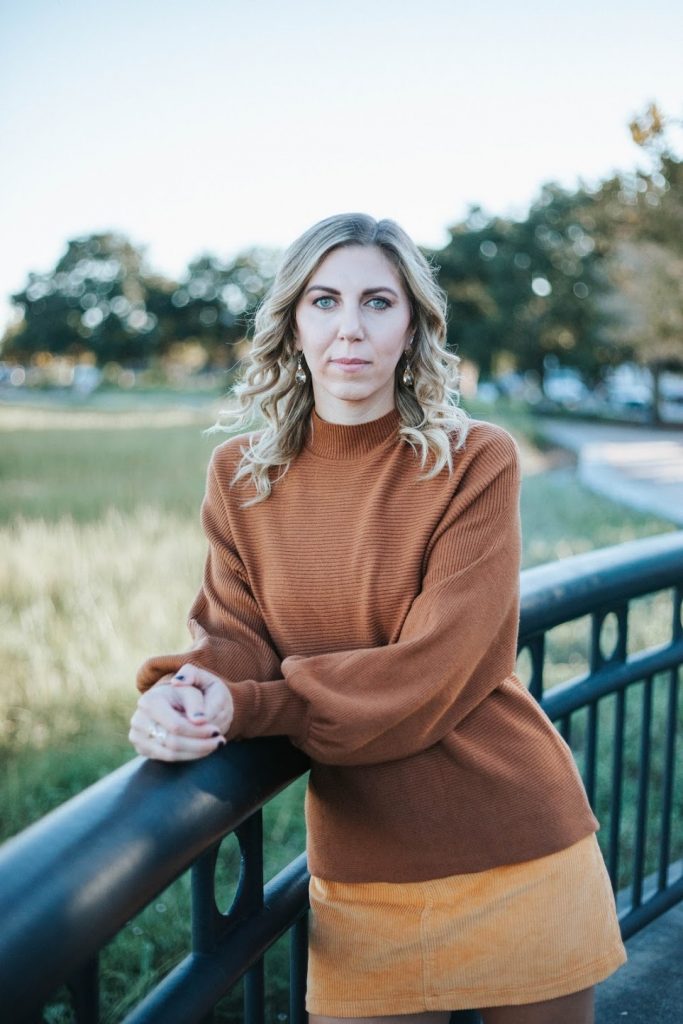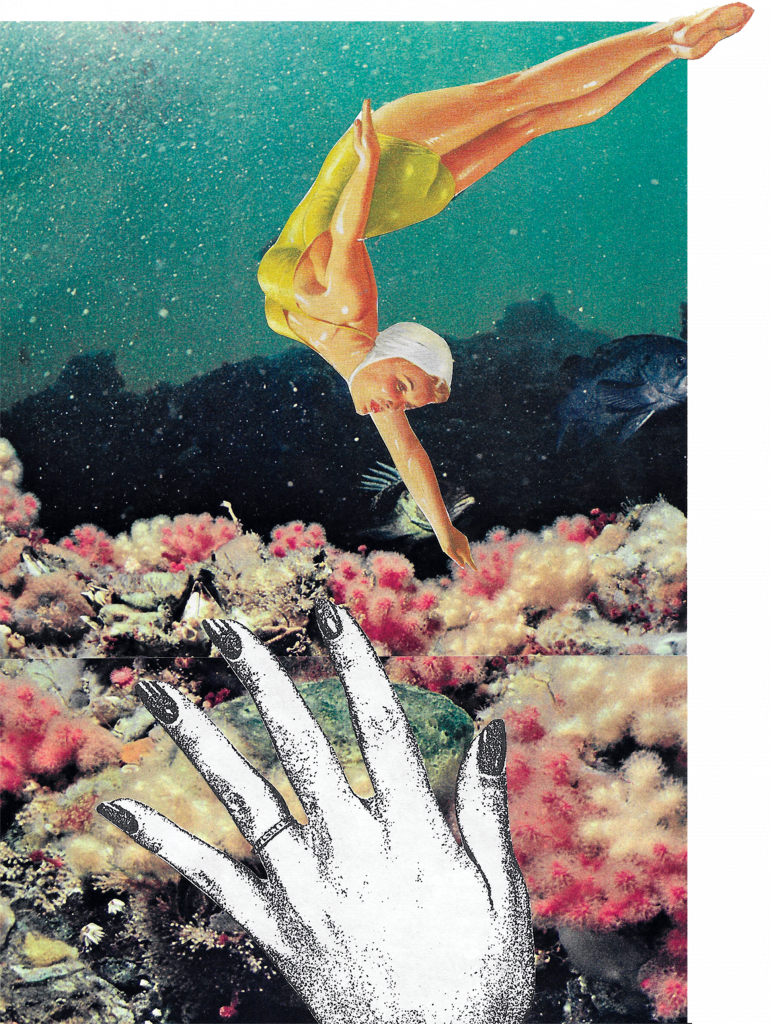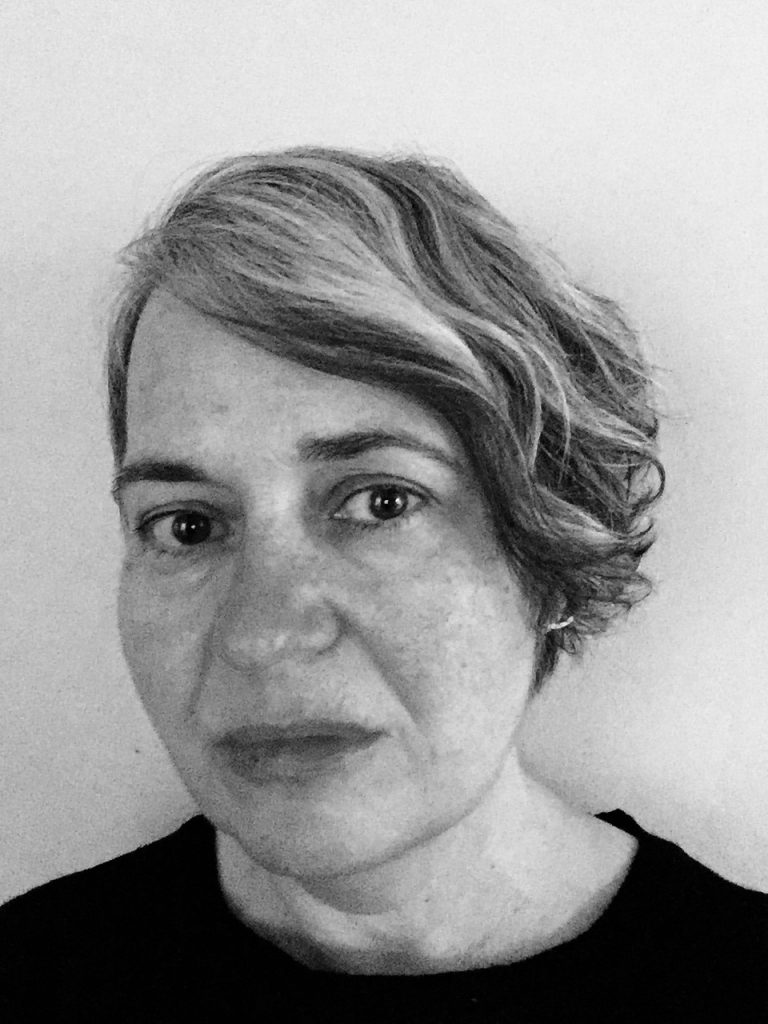New Beginnings
Don Noel
It was new territory for Melanie, and she was unsure of her footing. She’d chosen to stay in Connecticut because she wasn’t too old to enjoy plays and concerts and visits with old friends. But newly widowed, she’d moved to a ‘life care community’ filled with old people who were mostly strangers.
And she missed Alex. Millie had been right about that.
“Mom, you’ll miss Dad, and be lonely,” she’d urged. “Come to California, live with us. Or we’ll help you find someplace nearby.”
It was tempting; three of her four grandchildren were Millie’s, and all of them were settling in the West. She could hardly spend every day with family, though. And apart from them, she’d have been starting life all over again.
So she’d opted for Harmony Meadows. It would be a base, and she’d make new friends there. Meanwhile, in the near term, she’d be a short drive away from friends with whom she and Alex had shared joys and sorrows for four decades; friends with whom she could continue to enjoy everything from book clubs to museums to operas to meals in special places.
The move was astonishingly easy. One of those friends introduced her to Harriet, a woman who specialized in helping people move from big houses to small apartments, disposing of what was left behind by sale or charitable gift or just giveaway. In two heady, exhausting days the thing was managed and she was ensconced in new quarters that Harriet had made seem almost familiar.
She was an early riser; by sunrise the next day she’d showered and made breakfast from the fridge clever Harriet had stocked handsomely. Soon she was out on her very chilly second-story patio. Good decision, she congratulated herself: It was amazing how many of her new neighbors were out for morning constitutionals. In the next half-hour a dozen people came by, noticed her and stopped to say hello, looking up to introduce themselves and welcome her.
The Meadows, as everyone called it, had a calendar buzzing with committees, book clubs, discussion groups, a chorale and chimes group, artists and poets and more. Melanie’s plan was to dip a toe into all that variety a little at a time. Meantime, she would continue her own busy schedule in the wider community, friends who would remember Alex, understand and help her recover from his loss.
Then, utterly unforeseen, that carefully planned new life quite literally came apart. Her first night there was March 4. The state’s first coronavirus case was discovered on March 7. Within a week the state was hunkered down. Schools were closed, and any place with an elderly population was taking maximum precautions. She was suddenly ordering meals from her laptop, having them delivered to the shelf outside her door, and spending twenty-four hours a day alone.
It was devastating. She came to prize those early-morning walkers, all of whom at least waved and some of whom came into the courtyard to look up and exchange a few words. Talking through masks with one on a balcony and the other in the garden was hardly conversation, but it was better than nothing.
And she missed Alex more than ever.
Then the rules were relaxed a little. They were allowed to sit outside with others, and a few at a time could take meals together, although she had done neither. One morning she looked out and saw a familiar face. Out there in the pergola that defined her courtyard, on a wooden bench with a comfortable back — one long enough, it seemed from here, to be defined as socially distant — sat Brian Howard.
They had known each other as couples whose children grew up together in the same schools and on the same clubs and teams. With their spouses, they had shared PTA assignments. As the friendship grew, the four also shared occasional non-parental pursuits like plays and concerts, usually with restaurant dinners beforehand. They’d become friends, but not best friends.
There would be nothing suggestive, Melanie hoped, if she went down to sit at the other end of that bench and renew acquaintance; just two souls sharing the diminuendo of grief, getting on with life alone.
It was a warm day for late March. The snowdrops, those unreliable augurs of winter’s end, had blossomed; the season of crocuses and daffodils was under way. The tall honey locust trees that dominated the courtyard were barely beginning to leaf out, casting a thinly dappled shade through which a feeble spring sun spread warmth enough to demand only light sweaters.
She went down and out. “Brian! I knew you were here. If I’d saved the return address on your sympathy card, I might have realized how near neighbors we’d be. Thank you for that card.”
Her Alex had succumbed six months ago to a massive heart attack. Brian’s wife Rosemary had died here at Harmony Meadows not much later, after years in what was improbably called the memory unit. She and Alex hadn’t known of the Alzheimer’s until maybe a year ago and had promptly arranged a visit, but by then Rosemary had been too far gone to recognize them.
He folded the paperback he’d been reading into his lap. “Melanie! Good morning, what’s left of it! And thanks for yours. I suspected our paths would cross soon: They give us lists of expected new arrivals. Sit, please, at the far end.”
“We’re allowed to shed the damned masks, if you’ll pardon my French?” she asked, peeling hers off.
“Outdoors, yes. A blessing: I have a bit of hearing loss.”
“Oh, Brian, that’s too bad. One of the crueler handicaps of age, I suspect. You’ve learned to lip-read?”
“Actually found an online course. It helps, but you’re right about damned masks.”
He had an easy chuckle that stirred memories of foursome times. “I’ll try not to mumble,” she offered.
“Thank you. I’ve forgotten where your kids ended up; any of them near enough to help you move in?”
“Alexie — Junior — is in Oregon, and Millie in California, but I found someone who makes a business of cutting retirees down to size.”
“Harriet, I’ll bet. She’s moved a lot of us in here.”
“It wasn’t so much moving in as getting rid of all the stuff not worth moving.”
“I remember. Makes you realize how much of your life was spent accumulating things you don’t really need.”
And accumulating one husband with whom you shared 55 years, she wanted to say, whom you really did need. It would hardly do, though, to start this renewal by confessing the depth of her loneliness, beseeching sympathy. “Yes,” should suffice.
But he, bless him, must have intuited the bleakness. “You’d been married a long time, if I remember right. It must still be hard to accept. To accommodate.”
“No more than for you.”
“No, not as hard for me. I had six years to get used to the idea of losing Rosemary; a gradual goodbye for most of that.” She thought she saw an eye moisten. “And then the last couple of years with a different person. A kind of non-person. Lost long before the final loss.”
“I remember.” She found it unsettling that he so obviously focused on her lips. “We came to visit, but she didn’t remember us.” She hesitated at what suddenly seemed a too-intimate question. “Did she remember you to the end?”
“Mostly. Not always.”
“It’s a terrible disease.”
Now, it seemed, it was he who hesitated. “I read that your Alex had a massive heart attack. Did you . . .”
“Have a chance to say goodbye? No. At least I don’t think he heard me. He was just gone.”
“That’s a hard end, too.” His focus shifted up to her eyes. “And damn this covid thing, too. Otherwise I’d give you a hug.”
“And I’d hug you back. Thank you.” Her eyes blurred, and she fished in a pocket for a tissue.
There was silence while she blotted the tears. Finally, he spoke.
“Stoicism,” he said, “is considerably over-rated.”
“What?” She put the tissue in her lap, and tried to read his face. “Stoicism?”
“You’ll get to know this place. More than half of us are widows and widowers, and the rest sooner or later will be. A rose is put in a vase in that big front parlor when someone dies; just a spartan single rose. We murmur condolences, and we have memorial services when we can. A few let themselves cry, but not many; we bridle ourselves. Stifle sorrow. And no one says out loud, ‘I’m devastated and lonely.’ But a lot of us must be.”
It had been a long speech, and more silence seemed appropriate to absorb it.
Finally she responded. “Because asking for comfort might seem disloyal?”
He obviously understood. “Yes, maybe that’s the right word. Disloyal for a recent widow to bury her face in a male shoulder and accept a hug? That’s surely part of it. Also, not wanting to leave the impression that you think your loss deeper than your neighbor’s. That’s the stoicism part.”
“I get it. When I chatted from my balcony with a neighbor out for a walk, on my first day here, I mentioned that I was recently widowed. She said something like ‘Sorry. We all get used to that’.”
“That’s the stoicism part. Probably didn’t realize how calloused that seemed.”
“Probably not. Certainly not intentional. So the widows and widowers never get together to comfort each other?”
“A few. Not often, or at least mostly not visibly. And there wouldn’t be nearly enough widowers to go around if that got started.”
“They told me that we women outnumber the men.”
“Almost two to one. Any student of geriatrics would tell you: Women live longer.”
In the silence, she mustered a bit of candor. “You know,” she said, “I was hesitant, a few minutes ago. Didn’t know whether to come down. How to begin.”
“I’m glad you did.” He shifted awkwardly as he sat, then stretched a long arm down the back of the bench. An offering.
She reached across and took his hand. “Thank you, Brian. It’s good to see you again.”
“Likewise.” He gave her a big smile. “If we weren’t out in the open like this, I might break the rules and make it a hug.”
Dear God, she thought, a little comfort! “And I’d accept,” she said. “Even reciprocate.”
Alex would approve, she was sure. We’re not teenagers with raging hormones; we’re lonely old people welcoming the brief solace of warm flesh. “It’s almost lunchtime,” she said. “How about going up to that almost-restaurant dining room? Put our masks back on getting there, but off to eat?”
“Good idea,” he said with a big grin. “That’s two floors up. I’ll offer that hug in the elevator.”
“You’re on,” she said.
Don Noel




